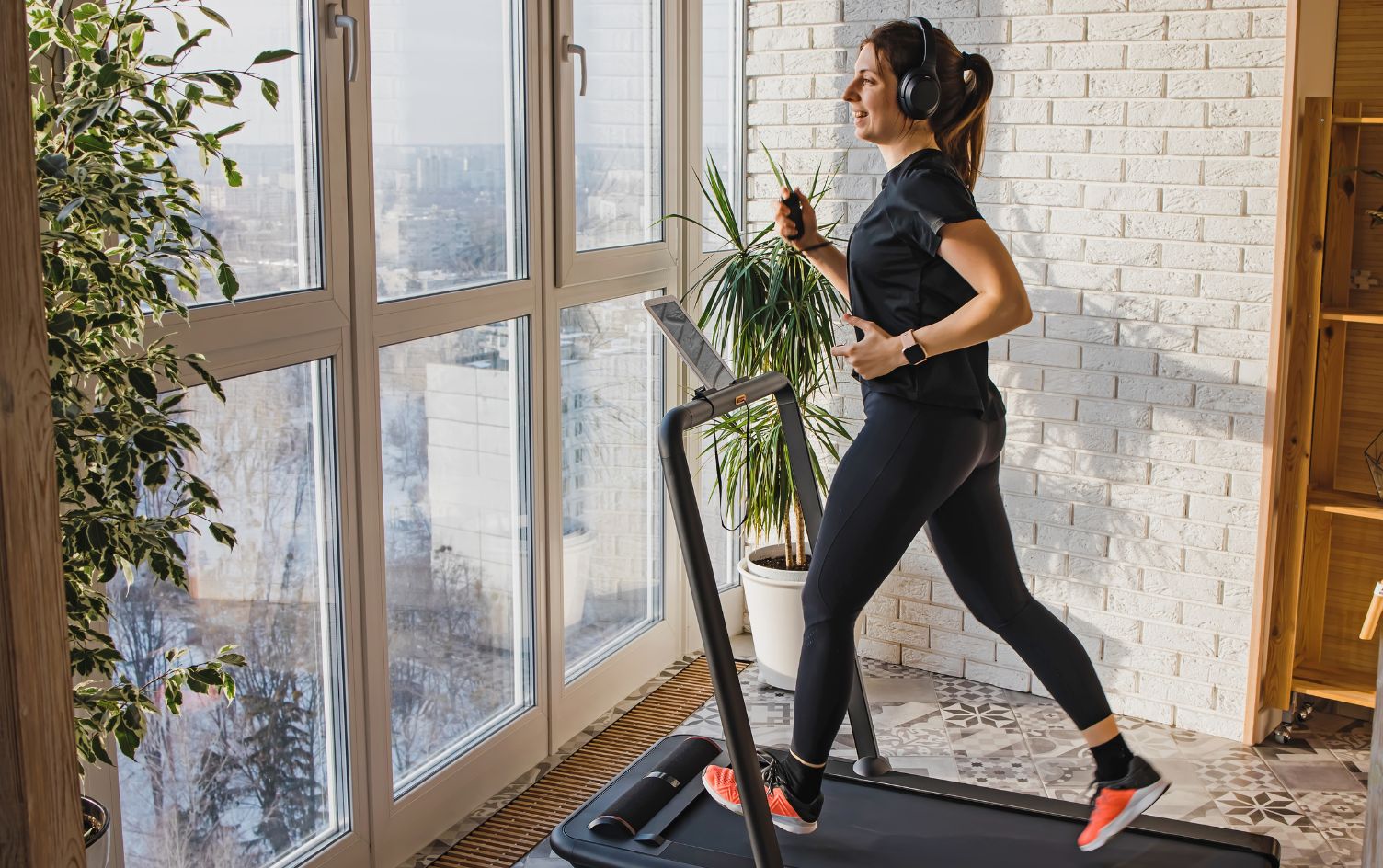If your first thought when your alarm clock goes off in the morning is, “five more minutes,” you’re not alone. One survey found 50% of respondents hit the snooze buttons on their alarm clocks; 10% hit snooze 3–5 times, logging an extra 30-plus minutes between the sheets after their alarms sound.
Hitting the snooze button might seem like an indulgence, but it’s a bad health habit. Here are four reasons to stop snoozing when the alarm goes off:

The overwhelming temptation to log a few extra minutes of sleep could signal a larger issue, according to Dr. Stuart F. Quan professor of sleep medicine and clinical director in the division of sleep and circadian disorders at Brigham and Women’s Hospital.
“If you’re hitting the snooze button — or need an alarm clock to wake up in the morning — you’re not getting enough sleep,” he warns.
Although a compulsive need to log just a little more time between the sheets after the alarm goes off could be a bad habit, the inability to rise and shine when the alarm goes off could also be a sign of a sleep disorder. Obstructive sleep apnea is one of the most common reasons someone needs several alarms to wake up in the morning or has to hit the snooze button countless times before getting out of bed, according to Quan. Less common disorders like narcolepsy or circadian rhythm issues could also be to blame.
“It’s most likely a lack of sleep causing you to hit the snooze button but it’s not a bad idea to rule out other causes,” he says.

Even if you manage to fall back to sleep after silencing the alarm clock, the nine minutes before the alarm sounds again is not enough time to overcome a sleep deficit. In fact, Terry Cralle, MS, RN, certified sleep educator for the Better Sleep Council, argues “The little bit of sleep you get in the time between alarms is fragmented, poor quality sleep that won’t make you feel any more well-rested than getting out of bed as soon as the alarm goes off.”
Research published in the journal Sleep Medicine found repeated sleep interruptions, which occur when you jolt awake and fall asleep each time the alarm goes off and the snooze button is hit, have the same negative impact on mood and attention span as getting no sleep at all.

Quan compares waking up to revving the engine in a car: You don’t go from zero to 60 — or sound asleep to wide awake — right away. During the time it takes to wake up, you experience grogginess and mental fog known as sleep inertia.
For some people, sleep inertia lasts a few minutes, for others it takes much longer — sometimes up to a few hours — to wear off. Hitting the snooze button can extend that period of grogginess. The reason: Rolling over and falling back asleep after the alarm puts you back into slow wave or deep sleep; waking from that stage of sleep makes sleep inertia worse, according to a study published in the Journal of Sleep Research.

It might not be a very scientific finding but one survey reported that the more one partner hits the snooze button, the lower the other’s relationship satisfaction. The rationale: Hitting the snooze button disrupts your partner’s sleep, causing stress in the relationship.
THE BOTTOM LINE
The National Sleep Foundation recommends adults get 7–9 hours of sleep per night. Going to bed when you feel sleepy and waking up naturally (no alarm or snooze button required) are signs you’re well rested, according to Quan. To break the dependence on the alarm, gradually start going to bed earlier until you wake up before it goes off.




